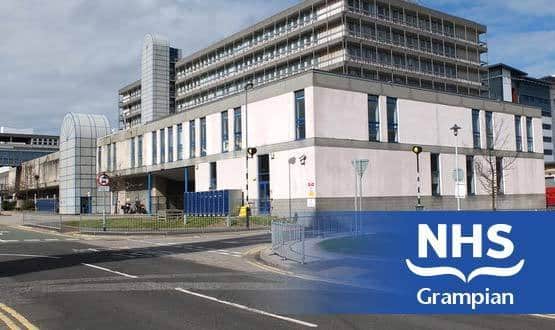Thousands of paper patient records held at Aberdeen Royal Infirmary have been destroyed after flooding at the hospital.
According to NHS Grampian, 8,100 records could not be restored after a combination of heavy rain in July this year and building maintenance work led to a basement containing a records library becoming waterlogged.
The incident could have been a lot worse if the majority of records at the hospital weren’t held electronically; in the Grampian area, around 70-80% of a patient's record is digital and is unaffected by the problem.
NHS Grampian’s chief executive Malcolm Wright, said: "In the main, a person's hospital medical record is now held electronically – including all GP related letters, hospital diagnostic test results and correspondence. All of these records are unaffected.
"The majority of the records concerned are handwritten, administrative notes relating to a patients stay in hospital – a typical example would be whether a patient had a comfortable night. Usually these records are destroyed six years after the last contact, which is in line with record management retention schedules and policies.”
He added that measures are being taken to flag in a person’s electronic record if part of their paper record has been destroyed so that clinicians are aware of the circumstances.
Wright described this as a “precaution” and said the incident “will not affect their future care".
NHS Grampian has both a mix of fully digital and scanned electronic patient records. This includes information held on its patient administration system Intersystem’s TrakCare, which is also used in other Scottish health boards including NHS Greater Glasgow and Clyde and NHS Lanarkshire, and covers around 70% of the country’s population.
Other systems that store patient information electronically at NHS Grampian include the Carestream Health picture archiving and communication system.
The health board has also worked with Wincanton Records Management on an on-site scanning solution to convert legacy paper records into a digital format.
Lesley Allan, head of health records, NHS Grampian, has said NHS Grampians plans to expand this service so that all records at the health board are scanned and made available electronically.
Wright said that the flooding incident will have “no adverse impact” on the care provided at Aberdeen Royal Infirmary. He has also personally written to each patient involved to explain the circumstances.
NHS Grampian has now installed flood sensors and water barriers at Aberdeen Royal Infirmary.

